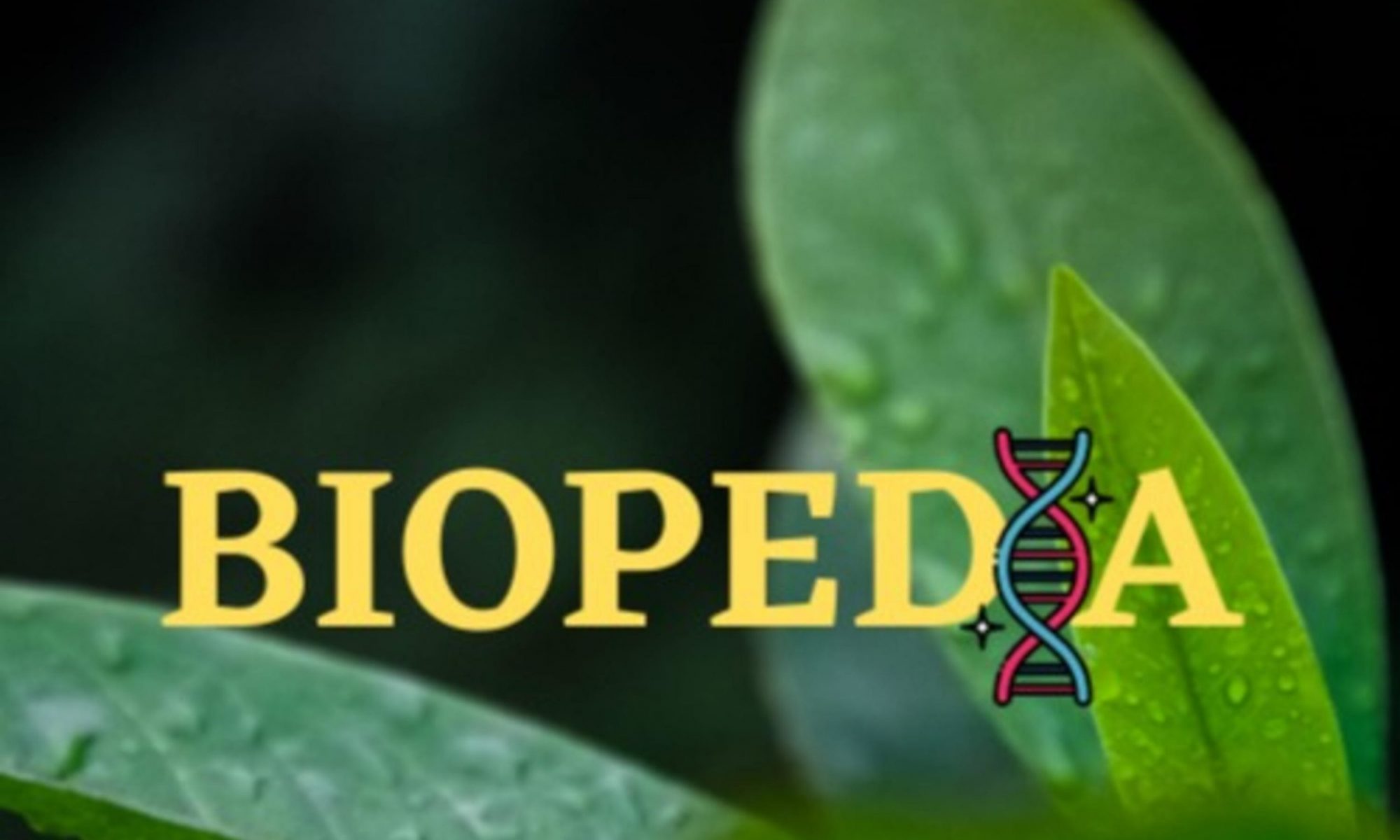Today's episode is going to feature one of the later monarchs from the Hellenistic era- Mithridates VI of Pontus. This is because his practice of trying to make himself immune to poison- called mithridatism- is biologically relevant and and continues to be influential until the 18th century.
Sources for this episode:
- Jarcho, S. (1972), Medical Numismatic Notes, VII: Mithridates IV. Bulletin of the New York Academy of Medicine 48(8): 1059-1064.
- Kaberopoulos, D., Karamanou, M. and Androutsos, G. (2012), The art of medicine: The theriac in antiquity. The Lancet 379: 1942-1943.
- Karamanou, M., Androutsos, G., Hayes, A. W. and Tsatsakis, A. (2018), Toxicology in the Borgias period: The mystery of Cantarella poison. Toxicology Research and Application 2: 1-3.
- Valle, G., Stanislao, M., Facciorusso, A., Carmignani, M. and Volpe, A. R. (2010), Mithridates VI Eupator, father of the empirical toxicology. Clinical Toxicology 47(5): 433.
- Author unknown, Wikipedia (date unknown), Antiochus III the Great (online) (Accessed 28/07/2023).
- Author unknown, Wikipedia (date unknown), Demetrius I Soter (online) (Accessed 28/07/2023).
- Author unknown, Wikipedia (date unknown), Laodice IV (online) (Accessed 28/07/2023).
- Author unknown, Wikipedia (date unknown), Laodice VI (online) (Accessed 28/07/2023).
- Author unknown, Wikipedia (date unknown), Mithridates VI Eupator (online) (Accessed 29/07/2023).
- Author unknown, Wikipedia (date unknown), Seleucus II Callinicus (online) (Accessed 28/07/2023).
